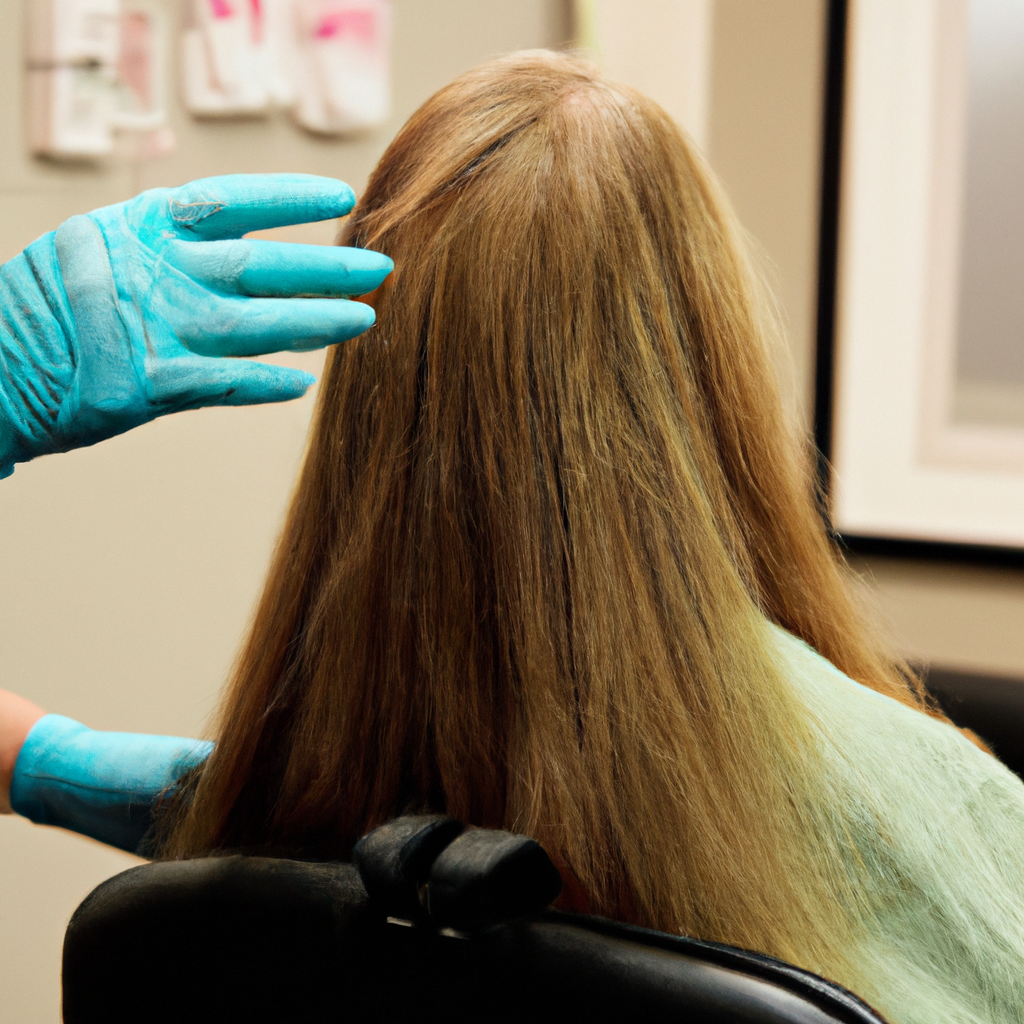Exploring the Therapeutic Potential of Turkey Tail Mushroom: Immune Support and Beyond
Turkey tail mushroom, scientifically known as Trametes versicolor, has gained significant attention in recent years due to its potential therapeutic properties. This mushroom, named for its striking resemblance to the tail feathers of a wild turkey, has a long history of traditional use in various cultures around the world. From its immune-boosting capabilities to its potential in cancer treatment, turkey tail mushroom has emerged as a subject of interest for researchers and health enthusiasts alike.
In this article, we will delve into the therapeutic potential of turkey tail mushroom and explore its various health benefits. We will discuss the active compounds present in this mushroom, its ability to support the immune system, its potential anti-cancer properties, benefits for digestive health, and other therapeutic applications. Additionally, we will examine the interaction between turkey tail mushroom and the gut microbiota, as well as provide practical tips on how to incorporate it into your daily routine. But first, let’s begin with a general overview of turkey tail mushroom.
Turkey Tail Mushroom: An Overview
Turkey tail mushroom, also known as “Coriolus versicolor” or “Yunzhi,” is a common woodland fungus found in different parts of the world. Its name stems from its resemblance to the colorful tail feathers of a wild turkey. This mushroom typically grows on dead hardwood trees, logs, and branches, forming concentric rings of various shades and patterns. In traditional Chinese medicine, turkey tail mushroom has been used for centuries to support overall health and well-being.
Active Compounds in Turkey Tail Mushroom
One of the reasons for the therapeutic potential of turkey tail mushroom lies in its composition of active compounds. This mushroom is rich in polysaccharopeptides, which have been studied for their immune-modulating properties. Polysaccharopeptides, such as beta-glucans, are believed to stimulate the immune system, enhancing its ability to combat infections and diseases.
In addition to polysaccharopeptides, turkey tail mushroom contains other bioactive compounds, including phenols, sterols, and flavonoids. These compounds contribute to the mushroom’s antioxidant and anti-inflammatory properties, potentially offering protection against oxidative stress and chronic inflammation.
Immune System Support
The immune system plays a vital role in protecting the body against harmful pathogens and foreign invaders. Turkey tail mushroom has been recognized for its immune-enhancing properties, with studies indicating its ability to stimulate various immune cells, such as natural killer cells and lymphocytes. By supporting the immune system, turkey tail mushroom may help to improve overall immune function and increase resistance to infections.
Anti-Cancer Potential
Research has shown promising results regarding the potential anti-cancer properties of turkey tail mushroom. Several studies have demonstrated its ability to inhibit the growth and spread of cancer cells, particularly in breast, colorectal, and gastric cancers. The active compounds in turkey tail mushroom are thought to exert their anti-cancer effects by modulating the immune system, reducing inflammation, and promoting apoptosis (programmed cell death) in cancer cells.
While turkey tail mushroom shows promise in cancer treatment, it is important to note that it should not be used as a standalone treatment. It can complement conventional cancer therapies and be integrated into a comprehensive treatment plan under the guidance of healthcare professionals.
Digestive Health Benefits
A healthy digestive system is essential for overall well-being. Turkey tail mushroom has been traditionally used to promote digestive health. Research suggests that it may have prebiotic properties, which means it can serve as food for beneficial gut bacteria. By nourishing the gut microbiota, turkey tail mushroom helps maintain a balanced and diverse microbial community, supporting optimal digestion and nutrient absorption.
Other Therapeutic Applications
Beyond immune support and potential anti-cancer effects, turkey tail mushroom may offer additional therapeutic benefits. Its antioxidant properties can help neutralize harmful free radicals and reduce oxidative stress, which is associated with various chronic diseases. Furthermore, research suggests that turkey tail mushroom may contribute to cardiovascular health by promoting healthy cholesterol levels and supporting blood vessel function.
Turkey Tail Mushroom and Gut Microbiota
The gut microbiota, consisting of trillions of microorganisms residing in our intestines, plays a crucial role in maintaining overall health. Emerging research suggests a connection between turkey tail mushroom and the gut microbiota. The active compounds in the mushroom may positively influence the composition and diversity of gut bacteria, contributing to a balanced microbiome. A healthy gut microbiota has been linked to improved immune function, mental well-being, and better digestion.
How to Incorporate Turkey Tail Mushroom into Your Routine
There are various ways to incorporate turkey tail mushroom into your daily routine. One option is through dietary supplements, which are available in capsule or powder form. These supplements provide a convenient way to ensure a consistent intake of turkey tail mushroom’s active compounds. Alternatively, you can brew turkey tail mushroom as a tea, enjoying its earthy flavor and potential health benefits. Additionally, culinary enthusiasts can experiment with using dried turkey tail mushroom in soups, stews, or other dishes to add a nutritional boost.
When choosing turkey tail mushroom products, it is essential to opt for reputable sources that prioritize quality and safety. Consulting with a healthcare professional or a qualified herbalist can provide personalized guidance on the appropriate dosage and usage.
Safety and Potential Side Effects
While turkey tail mushroom is generally considered safe for most individuals, it is important to exercise caution and be aware of potential side effects. Allergic reactions to mushrooms can occur in some people, so it is advisable to start with a small amount and monitor for any adverse effects. Additionally, individuals with autoimmune disorders or those taking immunosuppressant medications should consult their healthcare provider before using turkey tail mushroom, as it may interact with certain medications or exacerbate autoimmune conditions.
Conclusion
Turkey tail mushroom, with its unique appearance and therapeutic potential, offers a natural approach to supporting various aspects of health and well-being. From its immune-boosting effects to its potential in cancer treatment, digestive health benefits, and beyond, this mushroom continues to intrigue scientists and health-conscious individuals. Incorporating turkey tail mushroom into your routine, be it through supplements, teas, or culinary preparations, may provide …




